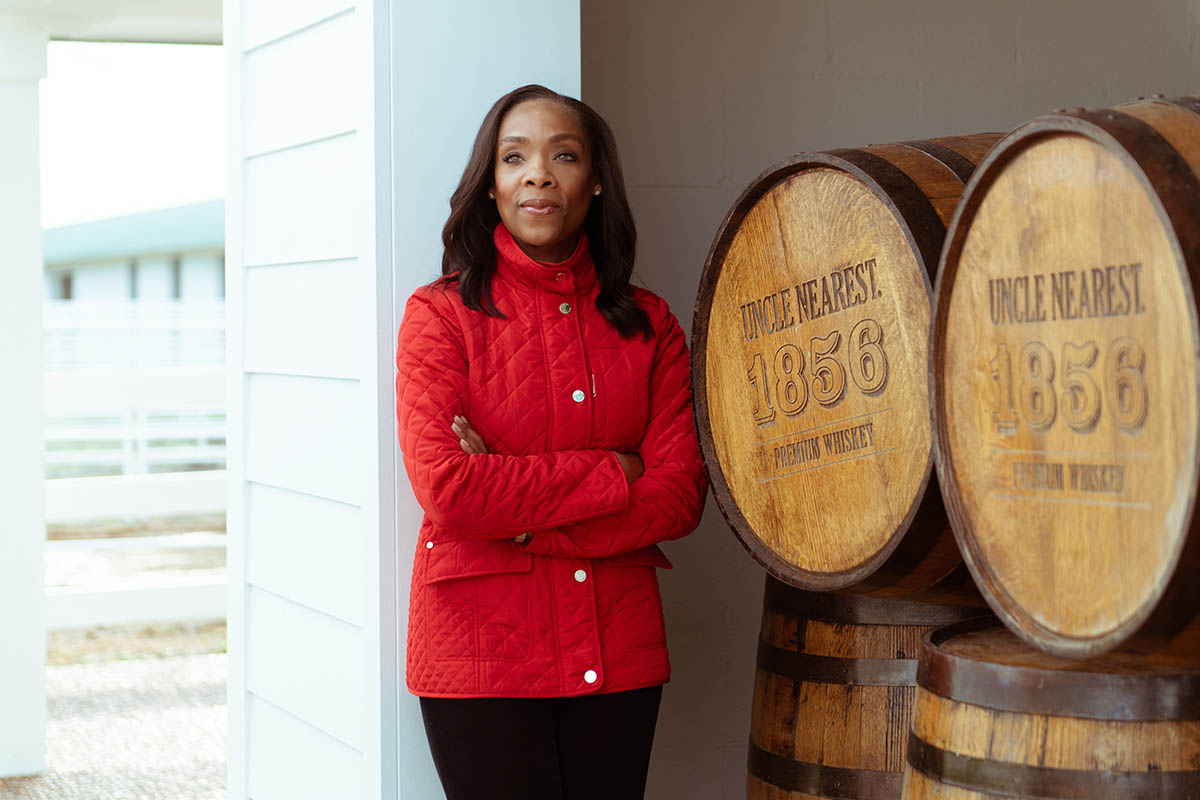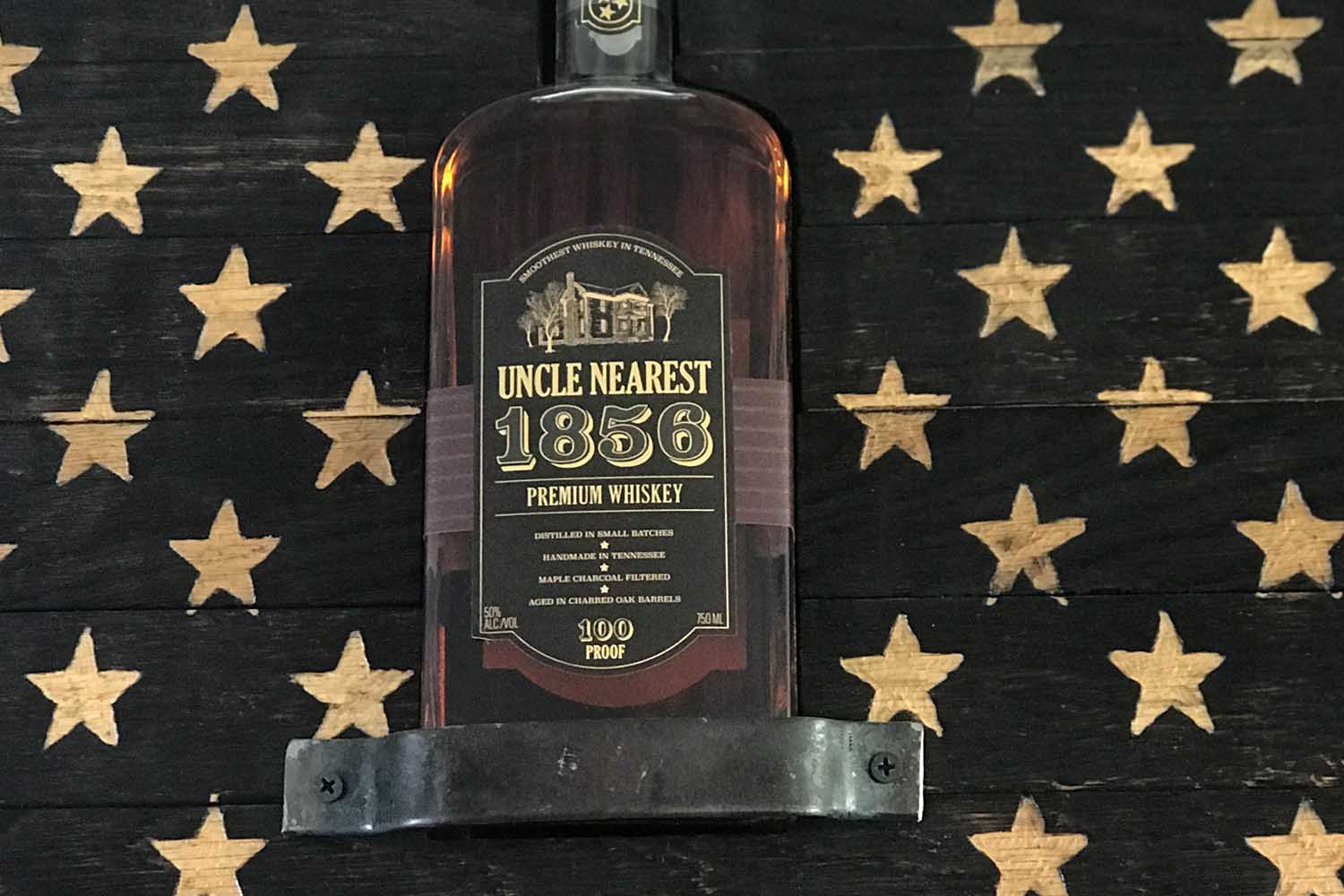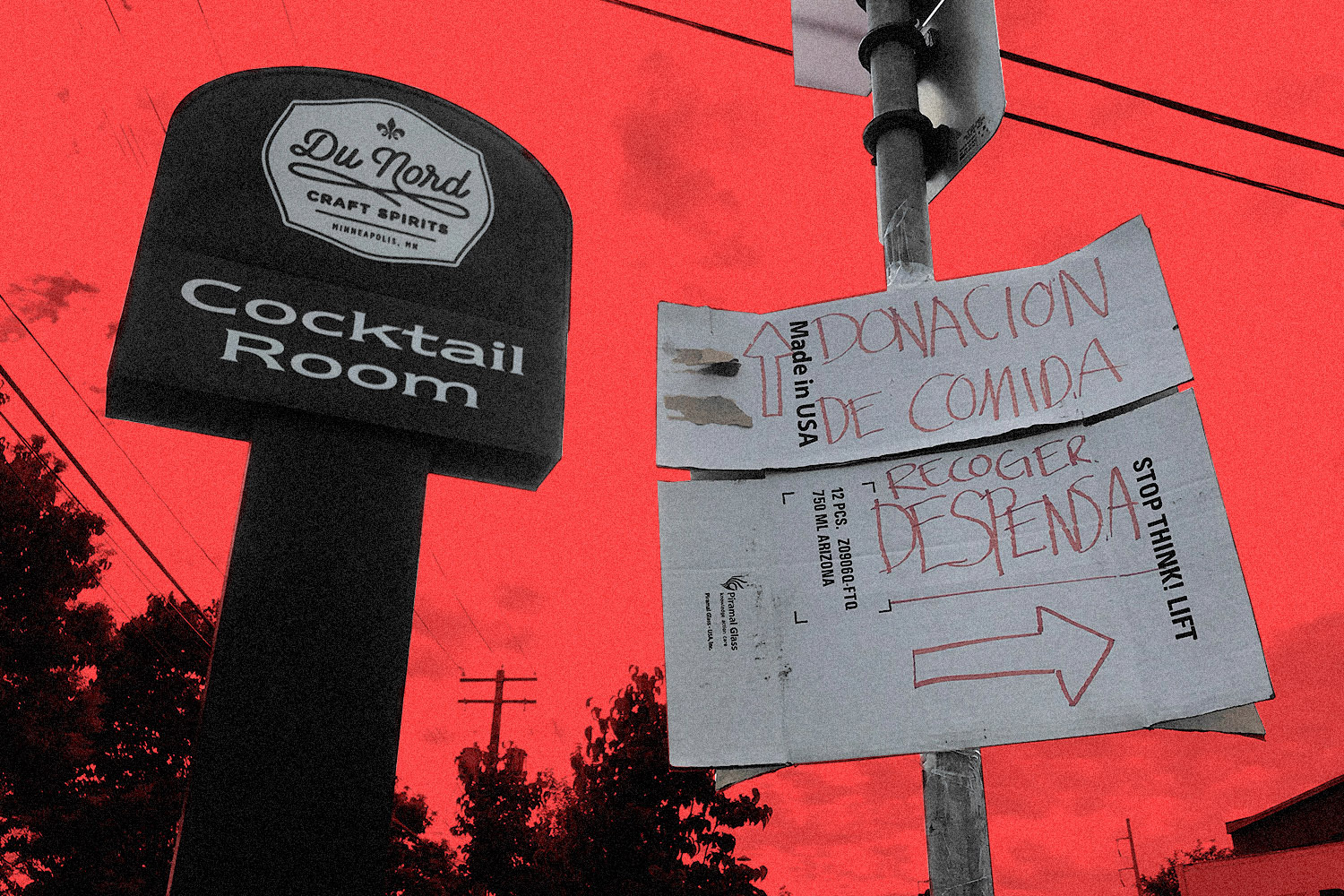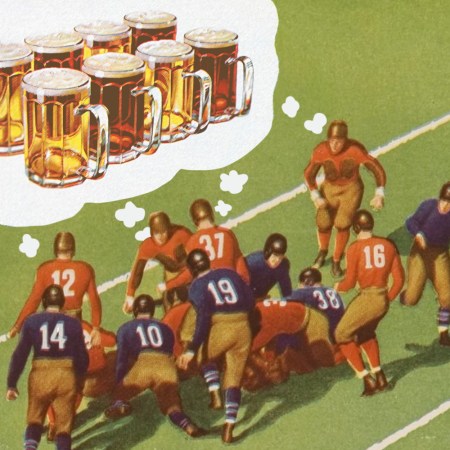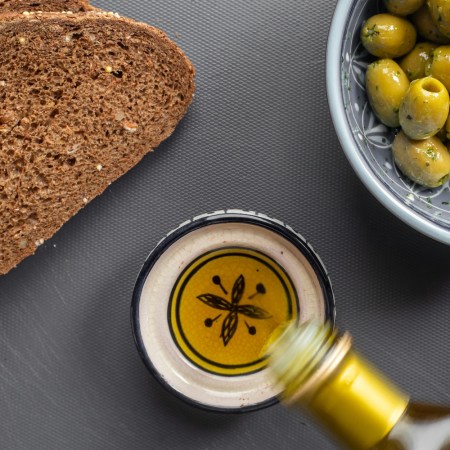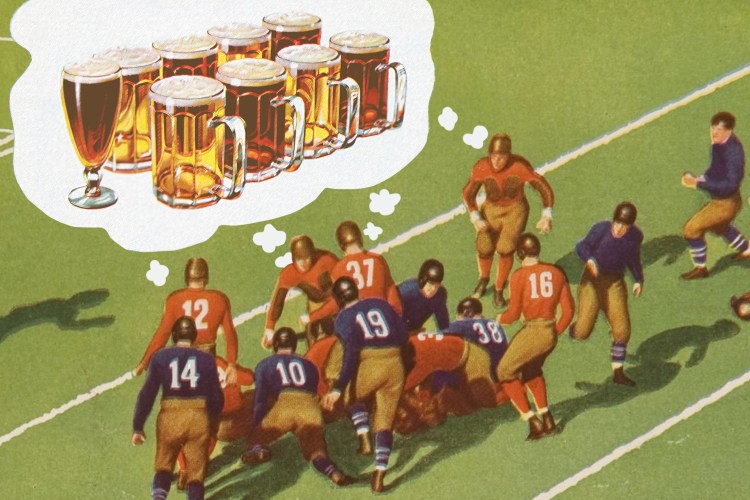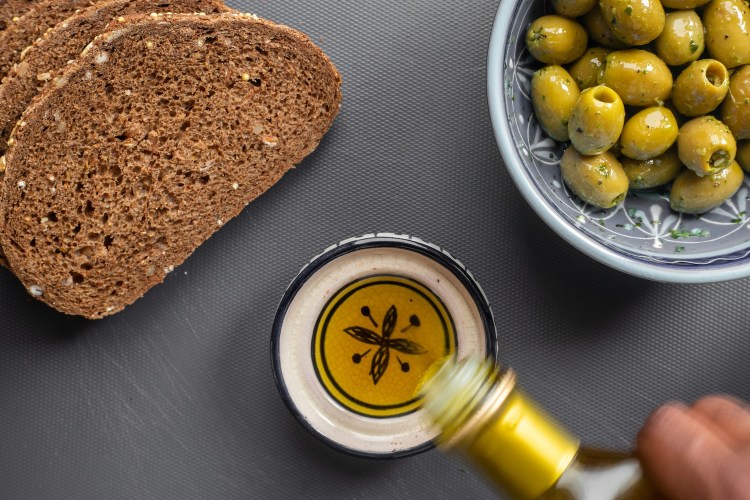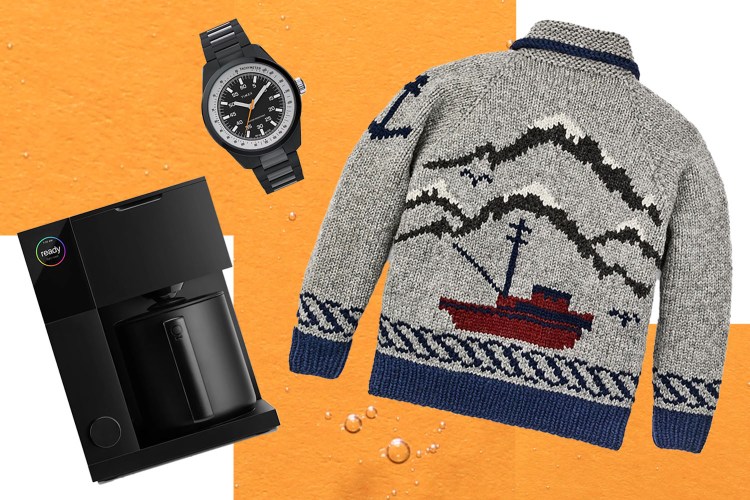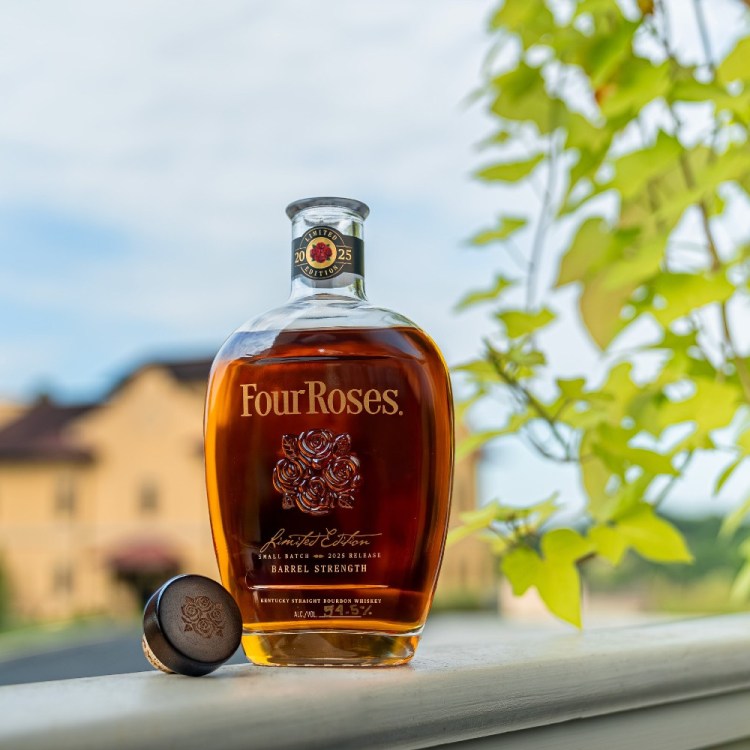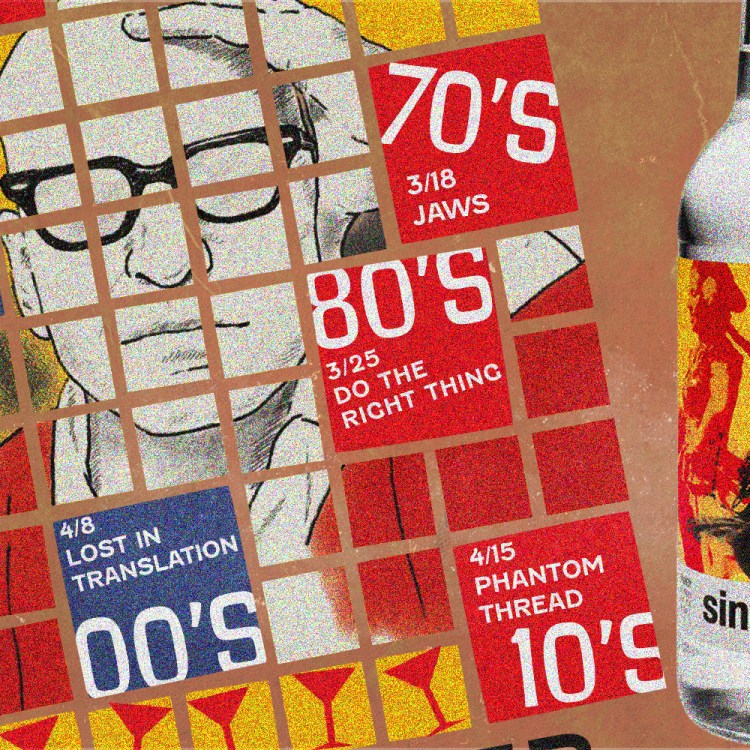“American whiskey is unlike any other industry,” says Fawn Weaver. “If you buy Levi’s or Nike, it’s not about history, it’s about a cool product. But American whiskey, the entire business is based on heritage. You have to hook them with heritage. And prior to us, there is not one heritage that isn’t white male. That’s unique to what we do.”
Weaver is the CEO and founder of Uncle Nearest, which since its launch in 2017 has gone on to win multiple awards and help rewrite and correct the history of a very whitewashed industry.
But building a brand to honor the first African-American Master Distiller — with an African-American woman owner front and center promoting it — was always just a first step. To truly change and improve the American whiskey business, Nearest and Tennessee whiskey giant Jack Daniel’s just announced a co-commitment of $5 million to create and fund the Nearest and Jack Advancement Initiative, which will “support rising and aspiring Black distillers as well as Black entrepreneurs entering the whiskey spirits industry.”
The co-branded Initiative includes the creation of a STEM-based and employable skills program called the Nearest Green School of Distilling at Tennessee’s Motlow State College, development of a Leadership Acceleration Program (LAP) for apprenticeships, and establishment of a Business Incubation Program (BIP).
And this Initiative is moving fast — the school certificate program might be offered as early as fall 2021.
Besides bringing new people into an industry that certainly needs a better and more diverse pipeline of talent, the Initiative marks a interesting synergy between the two whiskey brands. It was only three years ago when Weaver was inspired to start a whiskey company to honor Nathan “Nearest” Green — a former slave, but also a friend and distilling mentor to Jack Daniel.
While the connection between Green and Daniels wasn’t exactly a secret, the New York Times article that initially inspired Weaver also shed light on the hidden and overlooked contributions of Green and other African-Americans to the evolution of American whiskey.
That lack of acknowledgement in the past has led to some very pressing issues in the present.
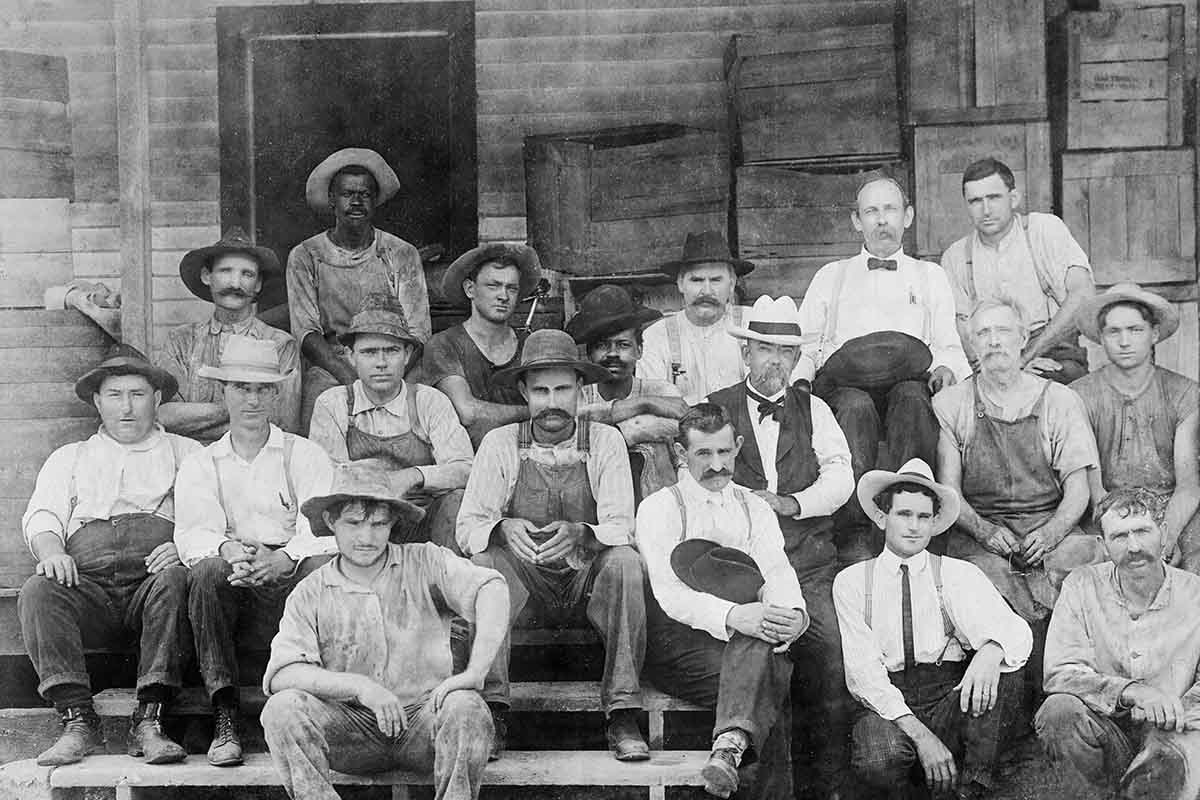
“What I discovered about hiring in the whiskey industry is that we weren’t getting qualified candidates of color,” says Weaver. “And if I, as an African-American woman who does press non-stop and talks about Nearest Green and this African-American triumph, well, if I’m not getting résumés, then nobody is.”
The hope is that the new distilling school will bring in women and POC at the college level and help them advance their way up, where they can serve as even more of a guiding light.
“If no one is at the top in any position, we’re not going to get them at the entry level,” admits Weaver.
Meanwhile, the BIP was created to help aspiring distillers and business owners get their products off the ground. “These businesses often lack — which is true of any starting business — expertise. They don’t know the networks of distributors, or branding and marketing, or how to market in a state outside of where their distillery is,” explains Matt Blevins, the Global Brand Ambassador to Jack Daniel’s. “There are so few resources in this industry. The great thing is will leverage the internal resources of Uncle Nearest and Jack Daniel’s to give those businesses that leg up.”
Another highlight of the Initiative arrives via mentorships, where potential distillers and other candidates for top positions will be able to shadow leaders at other distilleries that aren’t necessarily Jack or Nearest related.
“I’m excited to act as a mentor,” says Nicole Austin, the General Manager and Distiller at Tennessee’s George Dickel. “We’re all here to help each other. It’s the spirit of the industry, and it’s why I love it. A rising tide raises all boats. It’s good to formalize something like this.”
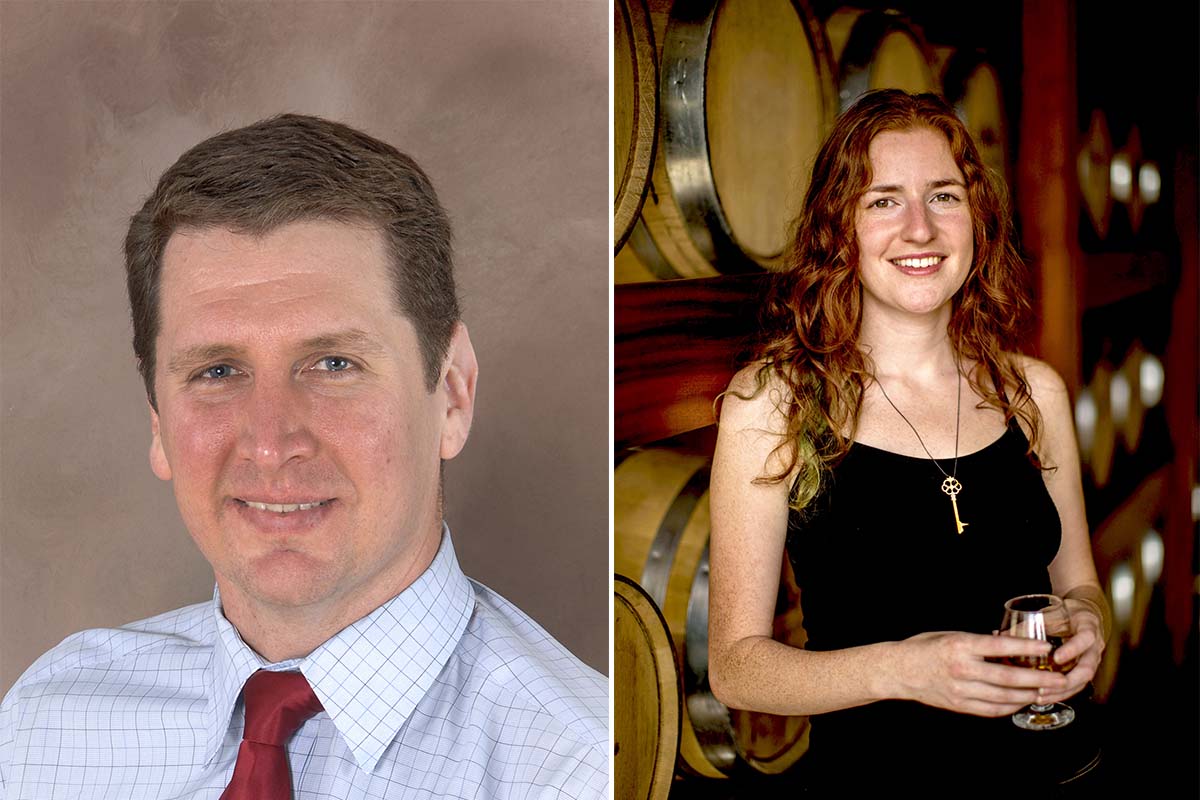
Mentorships and experience are certainly areas the entire American whiskey industry needs to codify for everyone, although particularly for women and POC (Austin herself landed her current role in a rather circuitous way, starting out in an unrelated industry as an environmental engineer). Uncle Nearest’s head blender, Victoria Eady Butler, was originally drafted into the company partially due to her lineage as a descendant of Nathan Green and to help select some small-batch releases — while she ended up having an award-winning knack for whiskey, her career background was a 30-plus-year stint as an Analytical Manager for the Department of Justice. “We had to train her from scratch,” admits Weaver.
The real key to this Initiative, besides experience, is visibility. Weaver admits some fault here; even as the most visible African-American in the American whiskey industry, she noted that she hadn’t even updated her LinkedIn to reflect her new chosen industry.
“This isn’t seen as an honoroable industry for African Americans,” says Weaver. “We are a religious group of people. We’re raised primarily as Christian and Muslim, and both rail against alcohol. Pastors in the recent past always spoke of alcohol as the devil. So your parents and grandparents won’t necessarily be proud of you. So why would you choose to do this over going into another industry? I’m hoping to change that.”
Another impediment: “Our history in this industry, from the beginning, was about being enslaved,” says Weaver. “I don’t think people are drawn to something where their ancestors didn’t have a choice, like distilling, cotton or tobacco.”
Hopefully, the visibility and success of someone like Fawn Weaver and the creation of the Nearest and Jack Advancement Initiative will help the industry nurture new talent and chart a better and more open future for American whiskey, which has taken too long to acknowledge its past.
“American whiskey is a historical product, and tied to the American south of the 1800s,” admits Blevins. “The history is why some people love it. But there are a lot of challenges that come with that history that we’re reckoning with today. We want to make it right.”
Every Thursday, our resident experts see to it that you’re up to date on the latest from the world of drinks. Trend reports, bottle reviews, cocktail recipes and more. Sign up for THE SPILL now.
